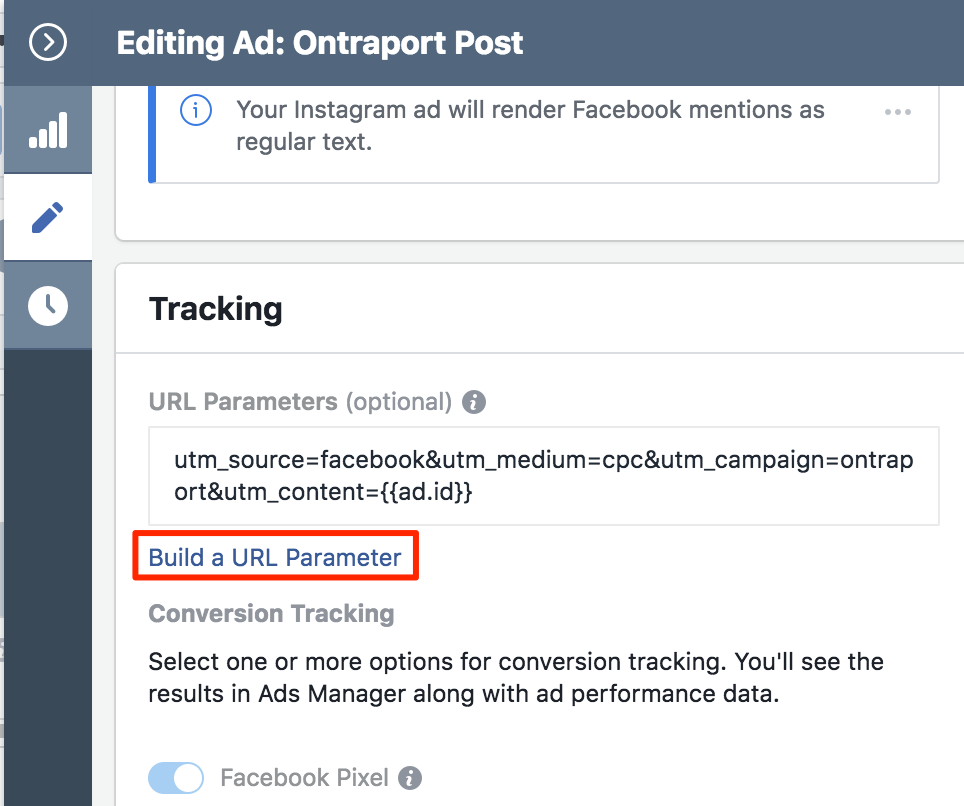Rank On Top With SEO Expertise
In the vast digital landscape, achieving and maintaining a top rank on search engines is a coveted goal for any website or online business. The path to this success is paved with Search Engine Optimization (SEO) expertise, a complex and ever-evolving field that requires a deep understanding of how search engines work, what people search for, and the keywords and phrases they use. Let’s delve into the world of SEO, exploring its core principles, the importance of semantic SEO, and the strategies for creating content that not only climbs the ranks but also resonates with users.
Understanding SEO: The Basics
At its core, SEO is about enhancing your website to increase its visibility when people search for products or services related to your business in search engines. It’s a multifaceted approach that involves understanding and meeting the requirements of search engines to show your content to Search Engine Results Pages (SERPs) for relevant searches. Key elements of SEO include:
- Keyword Research: Identifying the words and phrases your target audience uses to search for your content, products, or services.
- On-Page Optimization: Ensuring each element of your website (from content and meta tags to URLs and images) is optimized for search engines.
- Technical Optimization: Improving the technical aspects of your website (like page speed, mobile responsiveness, and XML sitemaps) to make it more crawlable and indexable by search engines.
- Link Building: Obtaining high-quality backlinks from other websites to increase your website’s authority and rankings.
The Evolution towards Semantic SEO
The landscape of SEO has significantly evolved, moving from a focus on keyword density and exact matches to a more nuanced approach known as semantic SEO. This shift is largely driven by advances in natural language processing (NLP) and machine learning algorithms, such as those embodied in Google’s BERT update. Semantic SEO focuses on understanding the intent and context behind a search query, aiming to provide users with the most relevant and useful content. It involves:
- Entity Optimization: Understanding and representing entities (people, places, things, and concepts) in your content to help search engines grasp the context and relationship between them.
- Content Clusters: Creating groups of content that are related to a central topic or “hub,” demonstrating authority and depth of knowledge in a particular area.
- Question-Answer Format: Using content structures that directly answer questions users might have, improving the chances of being featured in Google’s featured snippets.
Strategies for Climbing the Ranks
Achieving a top rank involves more than just understanding SEO principles; it requires implementing these strategies effectively. Here are some key approaches:
1. High-Quality, Relevant Content
- Unique Value Proposition (UVP): Each piece of content should offer a distinct perspective, insight, or solution that is not readily available elsewhere.
- Deep Dive Content: Comprehensive guides, in-depth analyses, and detailed tutorials that cater to the informational needs of users at various stages of their buyer’s journey.
- Storytelling: Incorporating narratives and anecdotes that make your content more relatable, memorable, and shareable.
2. User Experience (UX) Optimization
- Mobile-Friendliness: Ensuring your website is responsive and offers a seamless experience across all devices.
- Page Speed: Optimizing images, leveraging caching, and using content delivery networks (CDNs) to reduce load times.
- Accessibility: Implementing accessibility features to make your content reachable by the widest possible audience, including those with disabilities.
3. Local SEO for Physical Businesses
- Google My Business (GMB) Listing: Claiming and optimizing your GMB listing to improve local search visibility.
- Location-Specific Content: Creating content that is relevant to your local audience, including blog posts, guides, and news related to your area.
- Reviews: Encouraging customers to leave reviews and promptly responding to both positive and negative feedback.
4. Building High-Quality Backlinks
- Guest Blogging: Writing informative posts for other reputable sites in your niche.
- Resource Pages: Creating or contributing to resource pages that list valuable sites or tools in your industry.
- Partnerships and Collaborations: Partnering with influencers, other businesses, or organizations to gain backlinks from their websites.
Leveraging Advanced SEO Techniques
- Technical SEO Audits: Regularly conducting audits to identify and fix technical issues that might hinder search engine crawling and indexing.
- Schema Markup: Adding schema markup to your HTML to improve the way search engines understand and display your content in search results.
- Content Marketing Platforms: Utilizing platforms that help in creating, distributing, and measuring the effectiveness of your content across various channels.
Conclusion
Achieving a top rank on search engines is a challenging and ongoing process that requires dedication, expertise, and a willingness to adapt to the ever-changing SEO landscape. By focusing on semantic SEO, creating high-quality and relevant content, optimizing for user experience, and leveraging advanced SEO techniques, you can not only climb the ranks but also provide your audience with valuable, useful, and engaging content that meets their needs and exceeds their expectations. Remember, the journey to SEO success is continuous, and staying updated with the latest trends and best practices is key to maintaining your position at the top.
What are the core principles of SEO?
+The core principles of SEO include keyword research, on-page optimization, technical optimization, and link building. Each of these elements plays a crucial role in enhancing your website’s visibility on search engines.
How does semantic SEO differ from traditional SEO approaches?
+Semantic SEO focuses on understanding the intent and context behind search queries, aiming to provide users with the most relevant content. It involves entity optimization, content clusters, and using question-answer formats, moving beyond traditional keyword density and exact matches.
What role does user experience play in SEO?
+User experience is crucial for SEO as it directly impacts how search engines perceive your website. Elements like mobile-friendliness, page speed, and accessibility are essential for providing a seamless experience to users, thereby influencing your website’s rank.
